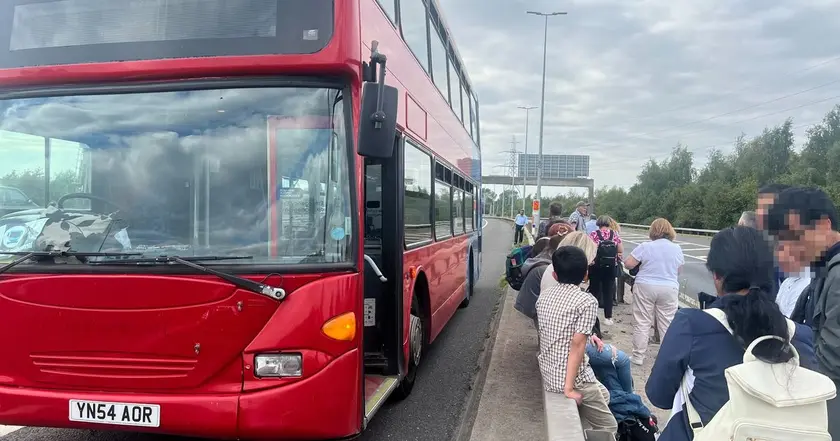T4K3.news
Bus Strikes Frustrate Newcastle Passengers
Stagecoach North East workers begin strikes over pay; service reduced with delays across Newcastle city centre.
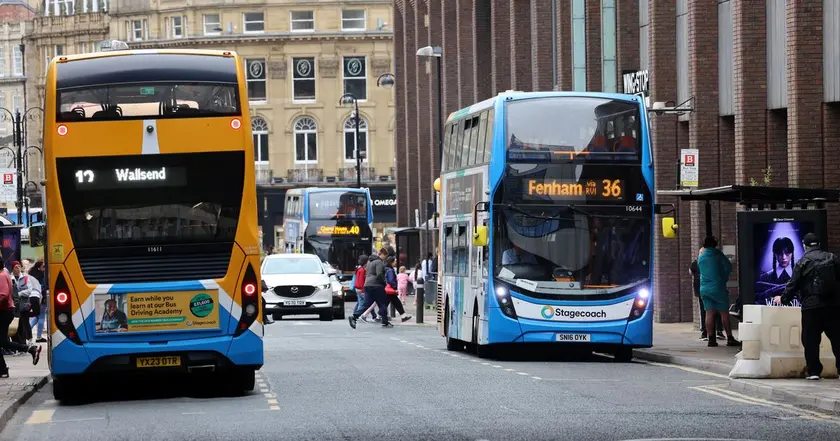
Commuters in Newcastle face delays as Stagecoach workers strike over pay and service levels.
Bus Strikes Frustrate Newcastle Passengers
Stagecoach North East staff at depots in Slatyford and Walkergate, members of Unite, began strike action after rejecting the latest pay offer. The offer included a 3.3 percent pay rise backdated to April and a further 1.7 percent from January 2026, which the union says is not enough. Unite also points to a wage gap with drivers in Manchester where pay is higher, and has warned that the next day of action on Thursday August 21 could be intensified if no progress is made. The reduced service has led to buses arriving and leaving Newcastle city centre at 30 to 60 minute intervals, leaving people waiting longer than usual and complicating travel to work and other commitments.
Key Takeaways
"The bus is already over 10 minutes late, it was meant to be here at 10.17 and its now 10.28 and there is still no sign of it."
Raymond Chinedu, passenger heading to work in Fenham
"I honestly think it's hard to notice the difference today, I always feel like it takes a long time waiting for the number 12 bus to come, while you'll see three of four of the other buses coming in the meantime."
Ray Larsen, regular Stagecoach user
"We saw one bus pull up and then leave, it feels like a fraction of the service we usually get with the strikes going on."
Alison Scott, after finishing work
"I'm not happy to hear about the strikes and how they are impacting the bus services, as I'm trying to get home and have already travelled a lot today."
Helen Sheville, local commuter
The dispute highlights how transport reliability and fair pay are tightly linked in a city that depends on buses for daily life. Strikes risk eroding trust in a system that already faces pressure from growth and constraints on public funding. If pay talks stall, ridership could fall and local businesses may feel the slowdown. The case also reflects broader tensions over cost of living and wage growth in a sector that serves essential workers and quiet commuters alike. City leaders and the operator face a choice between quick payout promises and lasting solutions that keep public transport reliable for all.
Highlights
- Buses should run on time not on patience
- Public transport must stay reliable for people who depend on it
- Strike talks need to move from pay to service not more delays
- A city runs on its buses and this delay hits every part of life
Public transport disruption linked to labor action
The strikes raise sensitivities around pay talks, service reliability and public reaction. Local authorities and the operator may face reputational and budgetary pressures if disruptions persist.
The city will watch how the dispute evolves and whether service reliability can recover quickly.
Enjoyed this? Let your friends know!
Related News
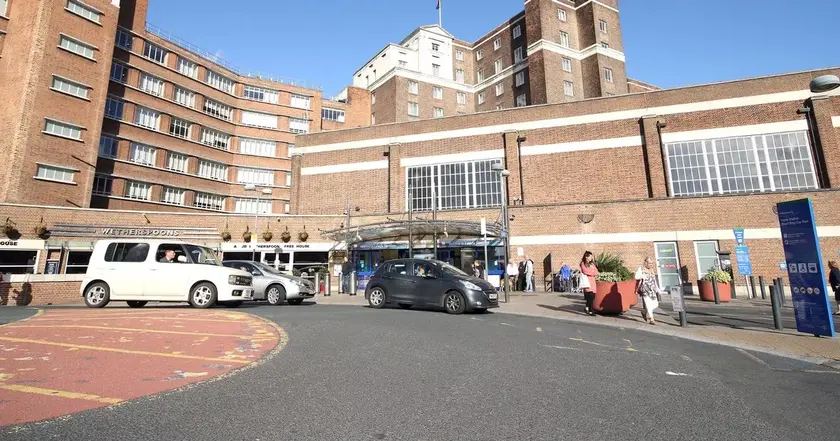
Leeds Train Station closed due to signalling issue
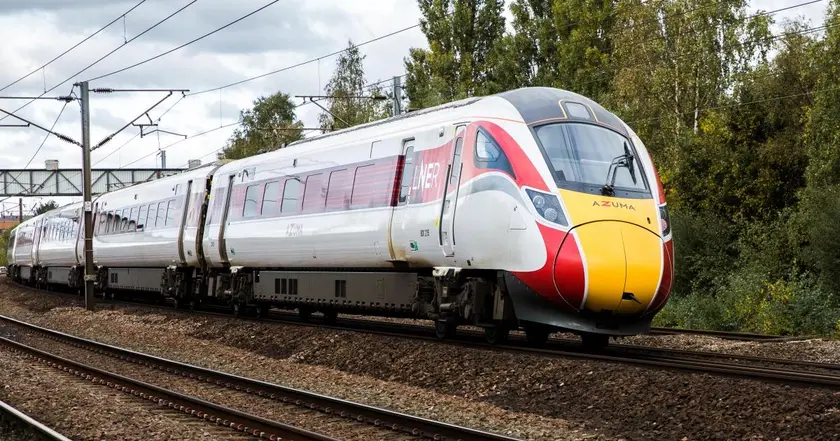
Rail disruption hits London to Edinburgh
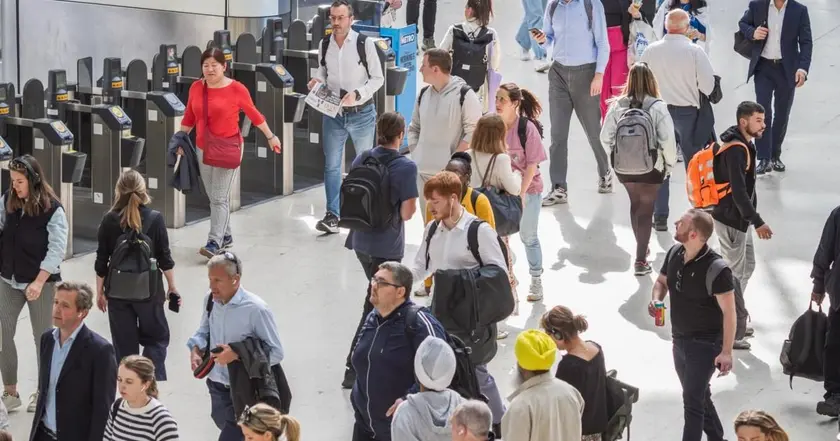
Leeds train station closed after signalling fault
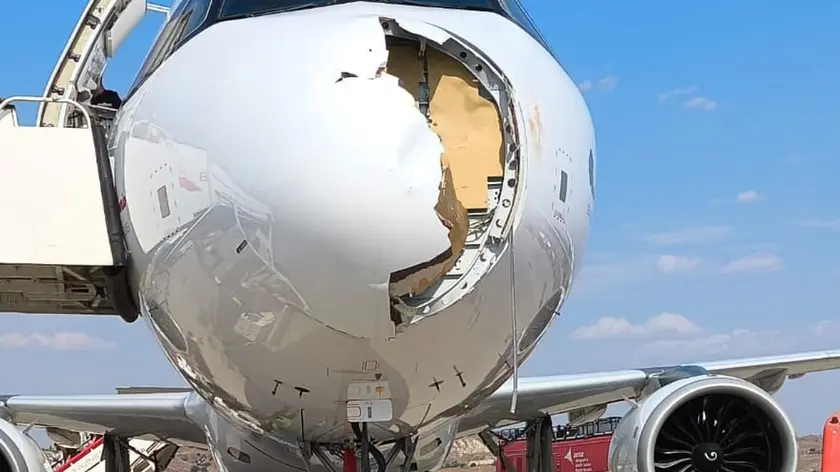
Airbus flight grounded after bird strike
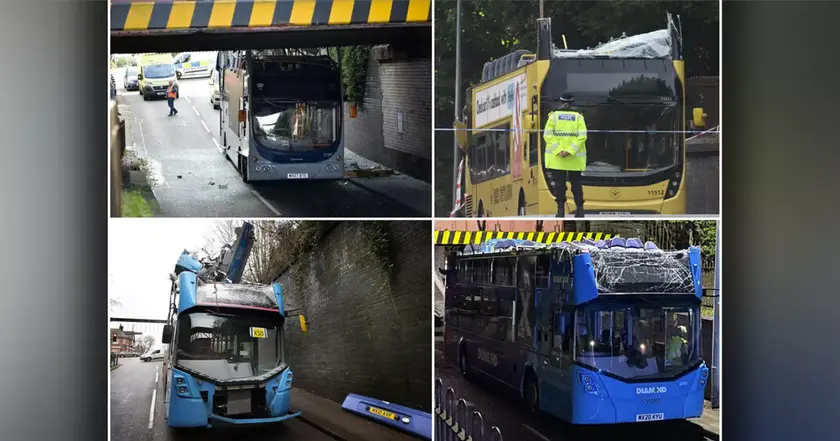
Third bus crash under Salford bridge leaves passengers injured
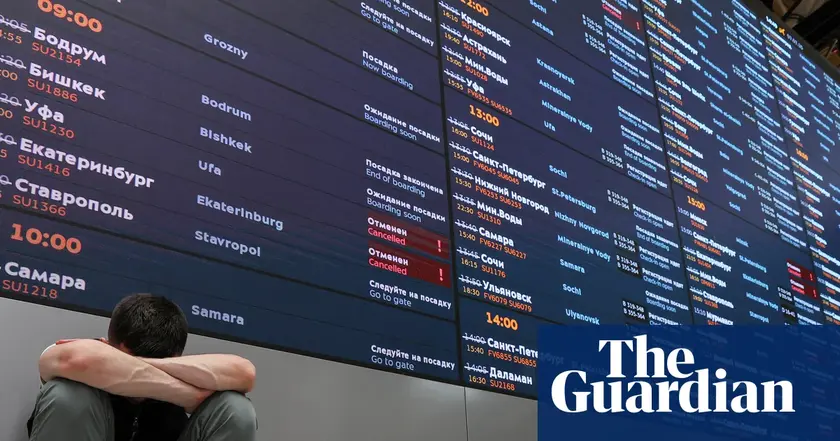
Ukrainian drones disrupt airspace over Moscow

Family stranded for 15 hours at Palma Airport
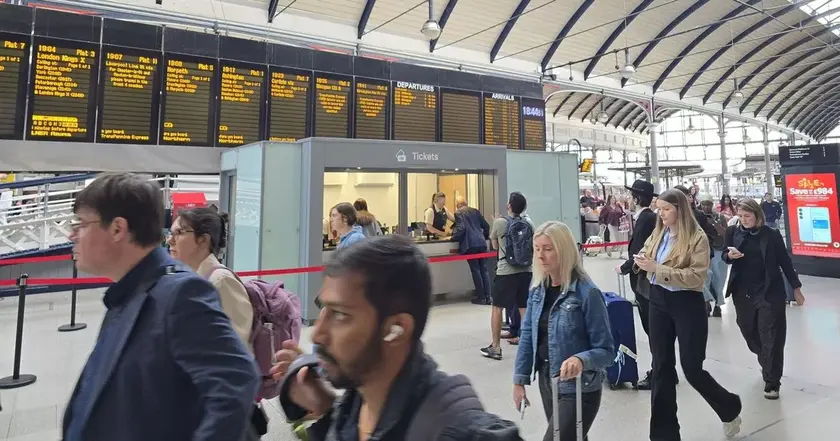
Anger as Newcastle Central Station kiosk replaces ticket office
